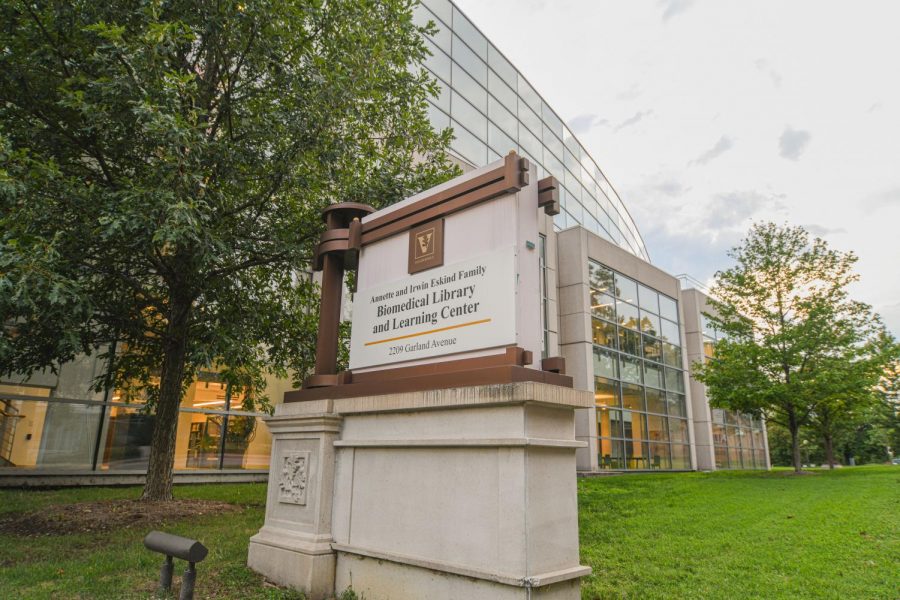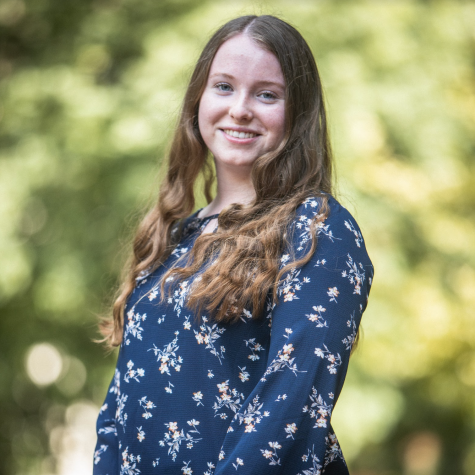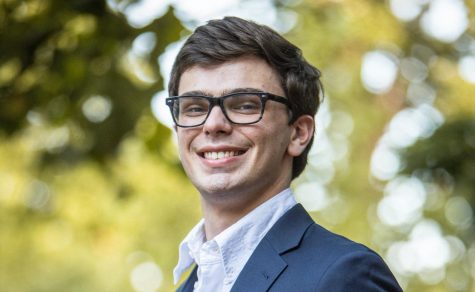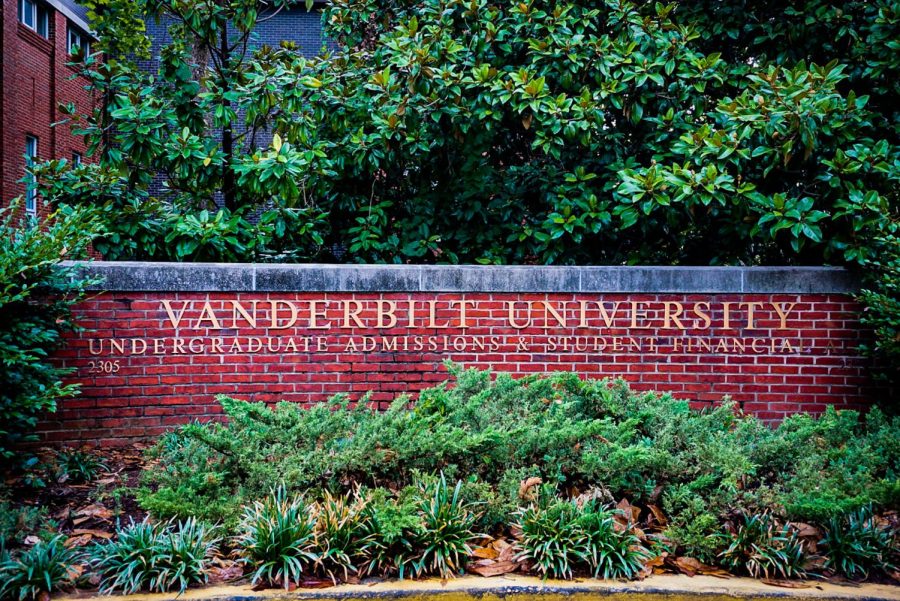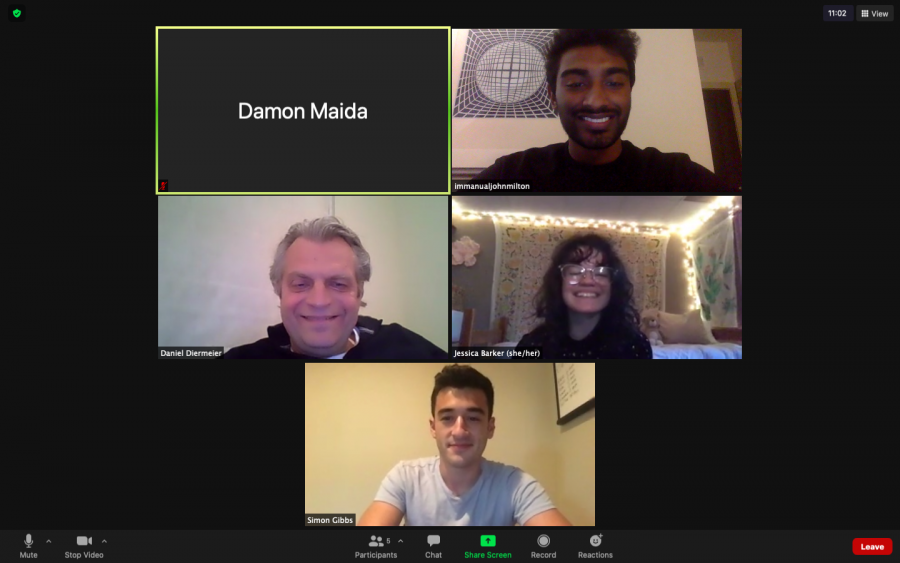Researchers at Vanderbilt University Medical Center (VUMC) have received a $34M grant to study the use of plasma from COVID-recovered donors as a treatment for COVID-19, according to a VUMC announcement.
The project is one of two ongoing comprehensive studies to determine if convalescent plasma, from blood donated by recovered COVID-19 patients with antibodies, could be an effective treatment. The other study, at NYU Langone and Montefiore Medical Center, received $4.3M and is similar, also including a control group.
The grant, awarded by the National Center for Advancing Translational Sciences within the National Institutes of Health, will allow the study to include 1,000 participants from about 50 locations in the US, with results expected in November.
Dubbed PassItOn (Passive Immunity Trial for Our Nation), the study started at Vanderbilt in April with seed money from the Dolly Parton COVID-19 Research Fund, according to the announcement.
The study will be led by Doctor Todd Rice, associate professor of medicine at Vanderbilt and director of the VUMC Medical Intensive Care Unit, and Doctor Wesley Self, associate professor of emergency medicine and vice chairman for research in the Department of Emergency Medicine.
Previous studies have shown that convalescent plasma may help treat COVID-19 but have not included patients who are pregnant, immunocompromised or have a variety of other underlying conditions. These prior studies have also not included a control group, or placebo, to further support findings in favor of or against convalescent plasma working effectively as a treatment.
“What we’ve been charged with getting is the definitive answer,” Rice said.
The science behind it
Convalescent plasma has already been used to treat COVID-19 in over 70,000 patients as well as illnesses such as the flu, despite a lack of complete understanding of its risks and benefits.
Plasma is taken from blood donated by individuals who have recovered from COVID-19 and still have a certain level of antibodies in their blood. It is then given to current COVID-19 patients with a matching blood type, according to Rice.
“It takes a lot of time and money to get this plasma, and people are doing it now, and we want to understand if all that effort is going to a good use or not,” Self said.
The idea behind using convalescent plasma is to provide the body with COVID-19 antibodies in the time before the body has been able to create its own, per Rice.
Rice said it probably takes the body about two weeks to develop antibodies to a virus or infection like COVID-19, and the hope is to shortcut the waiting period by providing the body with antibodies from someone else before it has had time to make its own.
“That essentially helps your body get over the virus faster, and even before maybe you would’ve developed your own antibodies, and may—and this is the hope—keep you from getting sicker from the virus while your body is trying to create antibodies to it,” Rice said.
An important part of the study is that it uses a placebo, while many current studies of convalescent plasma have not done so, per the VUMC announcement.
In this study, Rice said, the placebo plasma is saltwater with a vitamin that gives it the same color as plasma, to allow the study to be fully double-blind (neither the researchers nor the patient can tell if it is plasma or a placebo when the trial is run).
FDA Emergency Use Authorization
On Aug. 23, the Food & Drug Administration (FDA) gave an emergency authorization for the use of convalescent plasma in COVID-19 treatment following reports that the approval was being delayed due to concerns by government scientists that there was not yet enough data to make a decision.
Politicians on both sides have been involved in the debate, with President Donald Trump pushing for the authorization—which came just before the Republican National Convention—based on initial reports that plasma could help treat COVID-19. Democrats and some health experts argued that the authorization could be dangerous and was more about politics than about public health.
Rice said he was not sure about the politics of the decision, but that he thinks benefits to public health were the goal of the emergency authorization.
“I think that lots of decisions by the FDA have been rushed in this because they want to try and make decisions and try and provide access and help people. And so, I think this decision was based off of trying to open up access to plasma to patients that might be in places that otherwise couldn’t get it,” Rice said.
Regardless of the politics, Rice said that from a scientific standpoint, the decision was faster than what might normally have been expected.
“In general, I think—we think that it was probably early compared to what the data were,” Rice said. “We feel strongly that we need to test this to figure out the real benefits and the real risks, and we just don’t have the testing and the data back yet to know for sure what those are.”
Self echoed Rice, saying that he thinks the trial is important and that he thinks that while the FDA agrees, they are trying to make convalescent plasma available as a potential treatment in the meantime.
In the end, with what it could take to use convalescent plasma as a treatment, “if it’s not highly effective, we probably need to put all of that effort elsewhere to drugs and treatments that are more likely to be effective. So it’s kind of an opportunity cost, more, perhaps, than a dollar cost,” Self said.
Results in November
The results of the study are expected in November per the VUMC announcement and will be based on an examination of indicators such as mortality rates and length and type of hospital stay for those involved in the study, utilizing a World Health Organization scale for patient outcomes.
Also involved in the study are Doctor Gordon Bernard, Melinda Bass Owen Professor of Medicine and executive vice president for research at VUMC, Doctor Consuelo Wilkins, professor of medicine and associate dean and vice president for health equity, and Doctor Allison Wheeler, assistant professor of pathology, microbiology, and immunology and research director of the Hemophilia Treatment Center.
“The full team is probably 30 people that are at Vanderbilt that are working to try and get this squared away, get sites onboard, get patients enrolled and get this answer. So it’s a huge lift and a huge effort,” Rice said.











